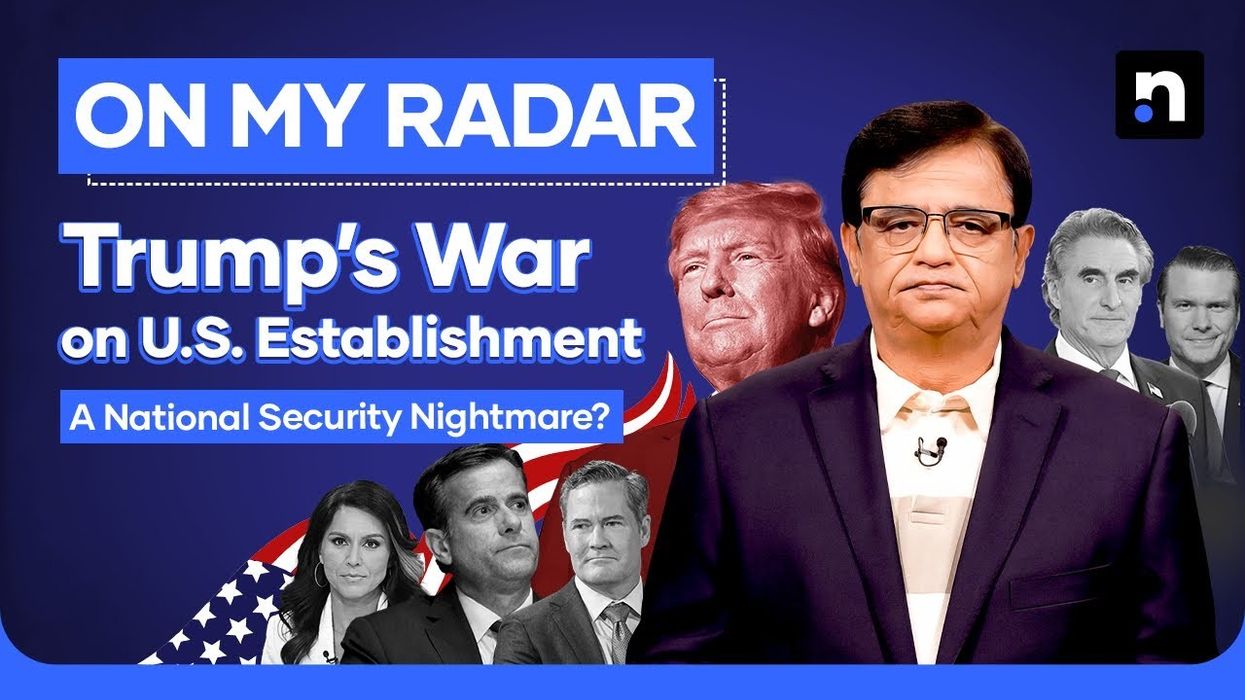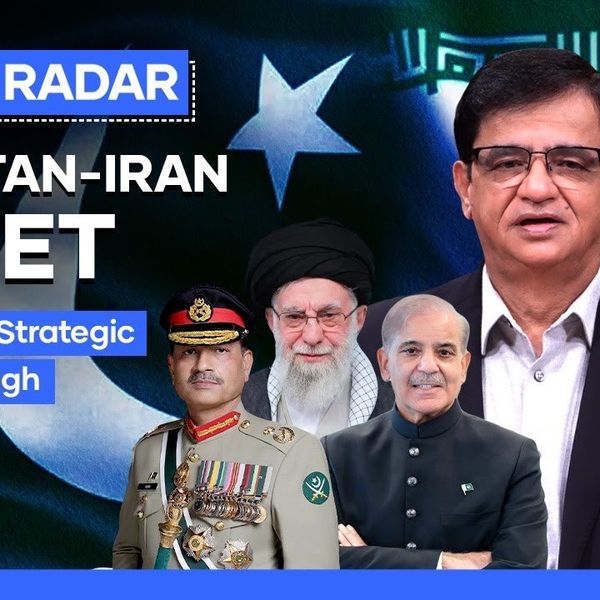What Trump’s 'hardline' cabinet picks could mean for US ‘deep state’
Kamran Khan observes that Trump’s decisions are designed to eliminate any dissent within his administration
News Desk
The News Desk provides timely and factual coverage of national and international events, with an emphasis on accuracy and clarity.
President-elect Donald Trump has unveiled a series of high-profile nominations for his second-term administration, signaling an aggressive stance against what he calls the “deep state.”
The appointments reflect Trump’s intent to counter government insiders whom he accuses of undermining his first term and playing a role in his 2020 election loss.
Trump’s cabinet choices include Fox News anchor and combat veteran Pete Hegseth as Secretary of Defense, anti-deep state advocate Kash Patel to lead the FBI, and former Florida Attorney General Pam Bondi as Attorney General. Former Democratic Congresswoman Tulsi Gabbard, a fierce critic of establishment politics, has been tapped as Director of National Intelligence.
These selections are poised to challenge long-standing government norms. Critics, however, argue the picks prioritize loyalty to Trump over governance experience. For example, Hegseth, a vocal Trump defender with limited high-level command experience, has been an outspoken critic of senior military leadership.
Bondi, who served as Trump’s attorney during his first impeachment trial, is a harsh critic of the Justice Department’s handling of cases against Trump’s political adversaries. Gabbard, a former congresswoman with two decades of military service, has no intelligence agency experience but has gained attention for her opposition to what she terms a “military-industrial complex.”
Trump has framed these nominations as part of a broader effort to dismantle entrenched bureaucratic networks, often referred to as the “deep state.” This term describes alleged clandestine groups within government and business sectors that operate independently of political leadership.
While Trump’s allies see this team as a decisive step toward reforming Washington, detractors warn of potential risks.











Comments
See what people are discussing